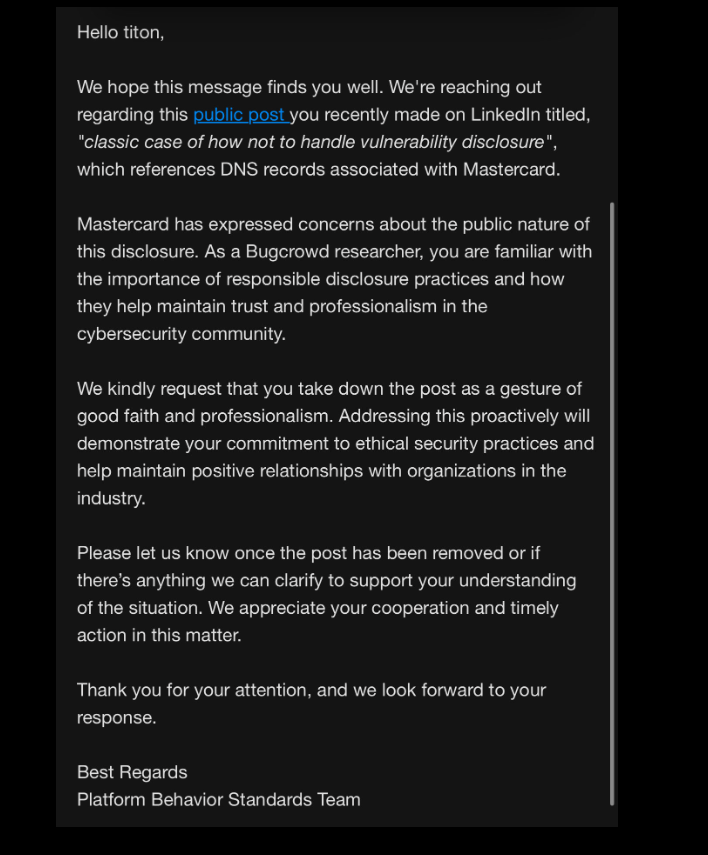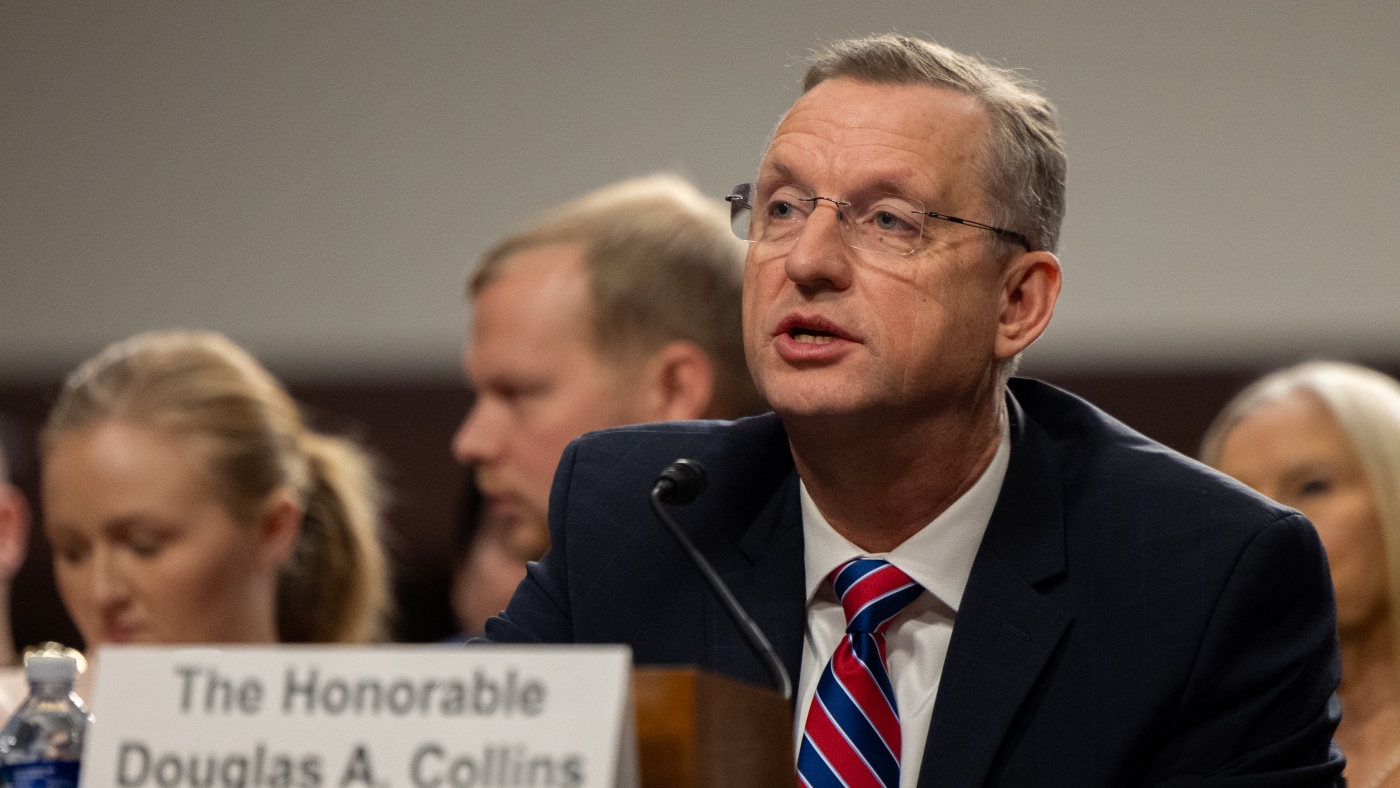The Powers Trump’s Nominees Will Have Over Abortion
Here are some of the actions Trump’s nominees could take on abortion, if confirmed, from HHS to the Justice Department.


As President Donald Trump’s Cabinet and Administration nominees face confirmation hearings, they are set to wield control over a range of departments affecting everything from healthcare to the economy. And many of them will have some power over abortion access—even in agencies you may not expect. [time-brightcove not-tgx=”true”]
Many health and legal experts expect that the Trump Administration will curtail abortion access. Elizabeth Sepper, a professor at the University of Texas at Austin School of Law, says Project 2025 offers a roadmap for what the Trump Administration might do when it comes to abortion, and that she thinks the Administration will launch “sweeping efforts to make abortion more difficult to access” even in states where abortion is relatively accessible. (Trump distanced himself from Project 2025’s plans during the 2024 election cycle, though it has ties to his orbit.)
But experts also say that the specific actions the Administration will take on abortion are, at this point, still unknown. “Trump on the campaign trail was kind of cryptic about what he would do on abortion,” says Mary Ziegler, a professor at the University of California, Davis School of Law. “His nominees haven’t exactly clarified things.”
While Trump took sweeping actions on his first day in office on issues from immigration to gender identity, he has yet to announce policies related specifically to abortion. But soon after he took the oath of office, reproductiverights.gov, a website launched by the Department of Health and Human Services (HHS) under the Biden Administration that shared information about abortion and reproductive health care access, went offline.
Here are some of the actions Trump’s nominees could take on abortion, if confirmed by the Senate to their positions.
Robert F. Kennedy Jr., Secretary of Health and Human Services
Robert F. Kennedy Jr.’s appointment to head HHS alarmed some public health experts, in particular because of his vaccine skepticism. When it comes to abortion, Kennedy, like Trump, has flip-flopped: he previously expressed support for a federal ban on abortion after the first trimester of pregnancy, but later said that abortion “should be legal up until a certain number of weeks, and restricted thereafter.”
“RFK Jr. is best known for his anti-vaccination stance, but there is a strong degree of overlap between anti-abortion activists and anti-vaccine activists,” Sepper says. “They swim in the same water.”
Read More: Public Health Experts Alarmed at Trump’s Pick of RFK Jr. to Lead HHS
HHS oversees many of the country’s health agencies, from the U.S. Food and Drug Administration (FDA) to the U.S. Centers for Disease Control and Prevention (CDC), and, if Kennedy is confirmed to lead the department, he would have authority over these agencies. For instance—“There’s a possibility that RFK could take pretty dramatic steps on mifepristone, even without the approval of FDA,” Ziegler says, adding that it’s possible Kennedy could impose restrictions on the abortion pill or withdraw it from the market. Any such move would likely face legal challenges—as is the case with many of the possibilities outlined in this story.
Under the Biden Administration, HHS issued guidance on the Emergency Medical Treatment and Labor Act (EMTALA), which requires hospitals to stabilize patients experiencing life-threatening situations whether or not they’re able to pay. The Biden-era guidance emphasized that EMTALA preempts any conflicting state law, and that EMTALA includes abortion care when that’s the necessary stabilizing treatment. Under Kennedy’s leadership, HHS could withdraw that guidance, Ziegler says.
Dr. Marty Makary, Commissioner of the FDA
Dr. Marty Makary, a surgical oncologist at Johns Hopkins University, would have significant influence over the abortion medication mifepristone if he’s confirmed to lead the FDA.
The FDA approved mifepristone to be used for abortion purposes in 2000. Under the Biden Administration, the FDA helped facilitate access to medication abortion by allowing mifepristone to be prescribed via telehealth and received by mail—first temporarily during the COVID-19 pandemic, before making the change permanent in 2023, after the U.S. Supreme Court overturned Roe v. Wade, which protected the constitutional right to an abortion.
Read More: How the BIden Administration Protected Abortion Pill Access—and What Trump Could Do Next
The accessibility of mifepristone was recently threatened after a group of anti-abortion doctors and organizations challenged it in court, but ultimately the Supreme Court struck down the challenge. Project 2025 calls for a crackdown on abortion pills.
Both Ziegler and Sepper think it’s more likely that, if Makary takes action on mifepristone, he would rollback the telehealth changes, reinstating the requirement that mifepristone must be dispensed in person, rather than revoking access of the drug entirely. That alone would have a significant impact on abortion access—medication abortion accounted for more than 60% of all abortions in the U.S. healthcare system in 2023, and Ziegler says that many people obtain that care through telehealth.
Abortion-rights advocates are concerned about some of Makary’s stances on abortion, including him claiming on Fox News after the Supreme Court overturned Roe that fetuses between 15 and 20 weeks of gestation “will actually resist the instruments of abortion,” which advocates labeled misinformation.
Pam Bondi, Attorney General
While serving as Florida’s attorney general, Pam Bondi supported restrictions on abortion, such as mandatory waiting periods. And during her Senate confirmation hearing on Jan. 15, Bondi said she has “always been pro-life.”
If Bondi is confirmed by the Senate to lead the Department of Justice (DOJ), experts say she could take steps to restrict abortion access through the Comstock Act, a 19th century anti-obscenity law. Under the Biden Administration, the DOJ’s Office of Legal Counsel released a letter reaffirming that the law doesn’t ban the mailing, delivery, or receipt of legal medication abortion, although anti-abortion activists expressed interest in using the law to do so.
Under Bondi’s leadership, the DOJ could withdraw the Biden-era memo without issuing a new one. “Then there’s going to obviously be a lot of uncertainty, and we won’t know if DOJ will proceed with prosecutions,” Ziegler says. “That could still have a chilling effect because doctors may be reluctant to act if they don’t know when they’ll be protected.” Or the Trump Administration’s DOJ could issue a new memo stating that the Comstock Act could be used to prohibit the mailing of abortion pills.
Under the Biden Administration, the DOJ and the FDA defended access to mifepristone. At Bondi’s hearing, Sen. Cory Booker, a Democrat from New Jersey, asked the nominee if she would commit to maintaining the DOJ’s efforts to defend the FDA’s approval of mifepristone in the face of lawsuits challenging the drug. Bondi replied that she had not been aware of the issue until she had spoken to Booker about it and that she would “look at that policy.”
“I am personally pro-life; I have always been pro-life, but I will look at that policy,” Bondi said. “I will not let my personal beliefs affect how I carry out the law.”
Under the Biden Administration, the DOJ also filed a lawsuit that argued that Idaho’s near-total abortion ban violated EMTALA (the Supreme Court ruled in June that hospitals in the state that receive federal funds are allowed to temporarily provide abortions in emergency situations). Sepper says she thinks it’s likely that the Trump Administration’s DOJ will drop litigation efforts like that.
Sen. Alex Padilla, a Democrat from California, asked Bondi during her hearing about whether she would advocate for federal abortion restrictions if confirmed to lead the DOJ. Bondi replied that the Dobbs v. Jackson Women’s Health Organization decision that overturned Roe meant that abortion law should be left to the states. “I will follow the law of the United States of America,” Bondi said. “My personal feelings would not influence, Senator.”
Doug Collins, Secretary for Veterans Affairs, and Pete Hegseth, Secretary of Defense
Both Doug Collins, a former Republican congressman from Georgia, and Pete Hegseth, co-host of Fox News Channel’s Fox & Friends, have publicly shared their anti-abortion beliefs, and experts say the two could roll back Biden-era protections for veterans and active service members if confirmed to their roles.
Under the Biden Administration, the Department of Veterans Affairs (VA) enacted a rule that allows VA to offer abortion counseling and abortion care to veterans and VA beneficiaries in certain situations—for instance, if the health or life of the patient is at risk or in situations of rape or incest. Under the policy, VA employees are allowed to provide abortion services even if their state has restricted or banned the procedure. Collins, if confirmed to head the department, could reverse that policy.
Collins was asked about the policy during his hearing on Tuesday; he said a 1992 law prohibits VA from offering abortion care, but said: “We will look at this rule and see if it complies with the law.”
The Biden Administration’s Department of Defense (DoD) helped facilitate travel for active service members and their families to access reproductive health care, including abortion. Hegseth, if confirmed to lead the department, could also reverse that policy.
Sen. Mazie Hirono, a Democrat from Hawaii, asked Hegseth during his hearing on Jan. 14 if he would “maintain this common sense policy,” to which he replied: “I’ve always been personally pro-life. I know President Trump has as well, and we will review all policies. Our standard is whatever the President wants on this particular issue. I don’t believe the federal government should be funding travel for abortion.”
Other Administration officials
Marco Rubio, Trump’s new Secretary of State who was confirmed this week, has said he was against abortion. In his new role, he could enforce the Global Gag Rule if Trump reinstates it, according to Sepper. The Global Gag Rule prohibits U.S. federal funding to foreign non-governmental organizations (NGOs) that offer abortion counseling, services, or referrals. During Trump’s first term, he reinstated the policy, which has often been put in place by Republican Administrations and later repealed by Democratic ones.
Dr. Dave Weldon—a physician, veteran, and former congressman who has publicly shared his anti-abortion views—was nominated to serve as director of the CDC. The CDC is responsible for collecting health data across the country, and Ziegler says that the CDC could require states to report more data related to abortion. Sepper says that people may have concerns about the surveillance of abortions and pregnancy outcomes with a Trump Administration CDC.
What's Your Reaction?






























.jpg?width=1920&height=1920&fit=bounds&quality=80&format=jpg&auto=webp#)




















































